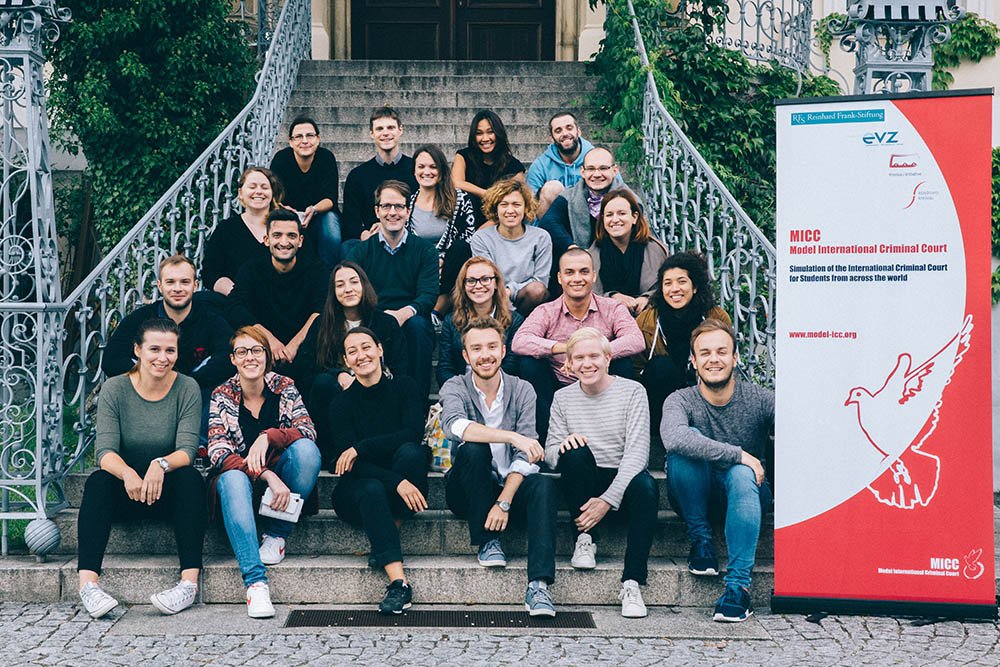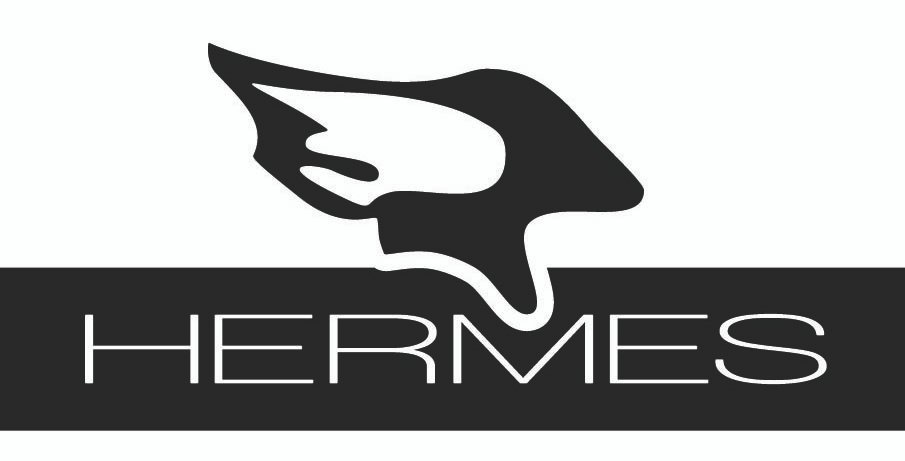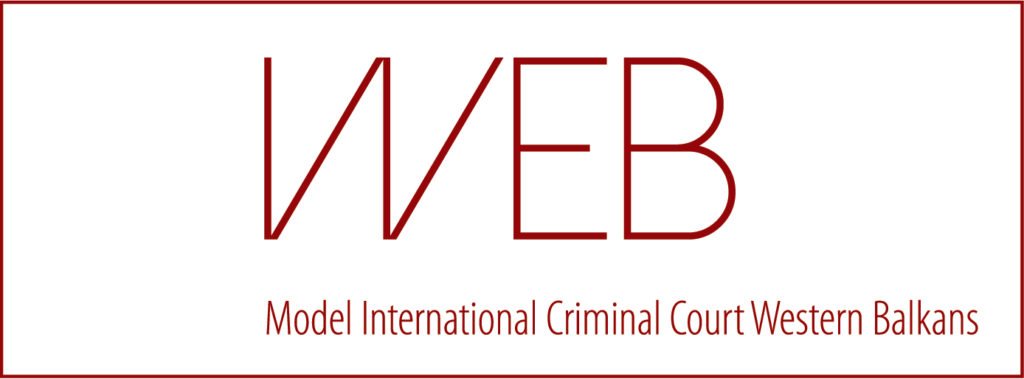MICC WeB
In 2013, the project Model International Criminal Court Western Balkans (hereafter: MICCWeB) was kicked off thanks to SHL Sozialer Tag funding support. The project encompassed recreating the successful Kreisau Initiative’s Model International Criminal Court project, in three countries in the Western Balkans: Croatia, Serbia and Bosnia-Herzegovina.

Model International Criminal Court (www.model-icc.org) is a successful Kreisau Initiative project that has been running for 15 years. The workshops in MICC are designed according to the needs of the young participants. Trainers apply methods of non-formal education which are participatory and learner-centered. While ice-breaking activities create an initial comfortable and open atmosphere, participants go into more depth by sharing experiences from their home countries and connecting through their similarities and differences. Intercultural dialogues allow them to see and experience each other as equal, a first step in preventing prejudice, racism and exclusion. MICC simulates cases and verdicts related to the International Criminal Tribunal for former Yugoslavia (Erdemović case), as well as verdicts from the International Criminal Court for Rwanda (Bikindi case) and the famous Nuremberg trials (Flick), which preceded the establishment of the International Criminal Court.
Even though the WeB stands for “Western Balkans”, we aimed to create a genuine web – a network, information exchange and the establishing of close personal connections between young people from the divided former Yugoslav countries. MICCWeB aspires to reconnect the region, uniting youth by a set of common ideas about their present and future, and desire to process the past so that it no longer presents a burden and source of conflict. The MICCWeB project serves as a safe opening of discussion on difficult subjects, in a non-confrontational way.

Key Information
Since 2014, when we hosted our first MICCWeB session there have been:
- 17 sessions
- hosted in 9 cities
- 639 participants
- 86 teachers


